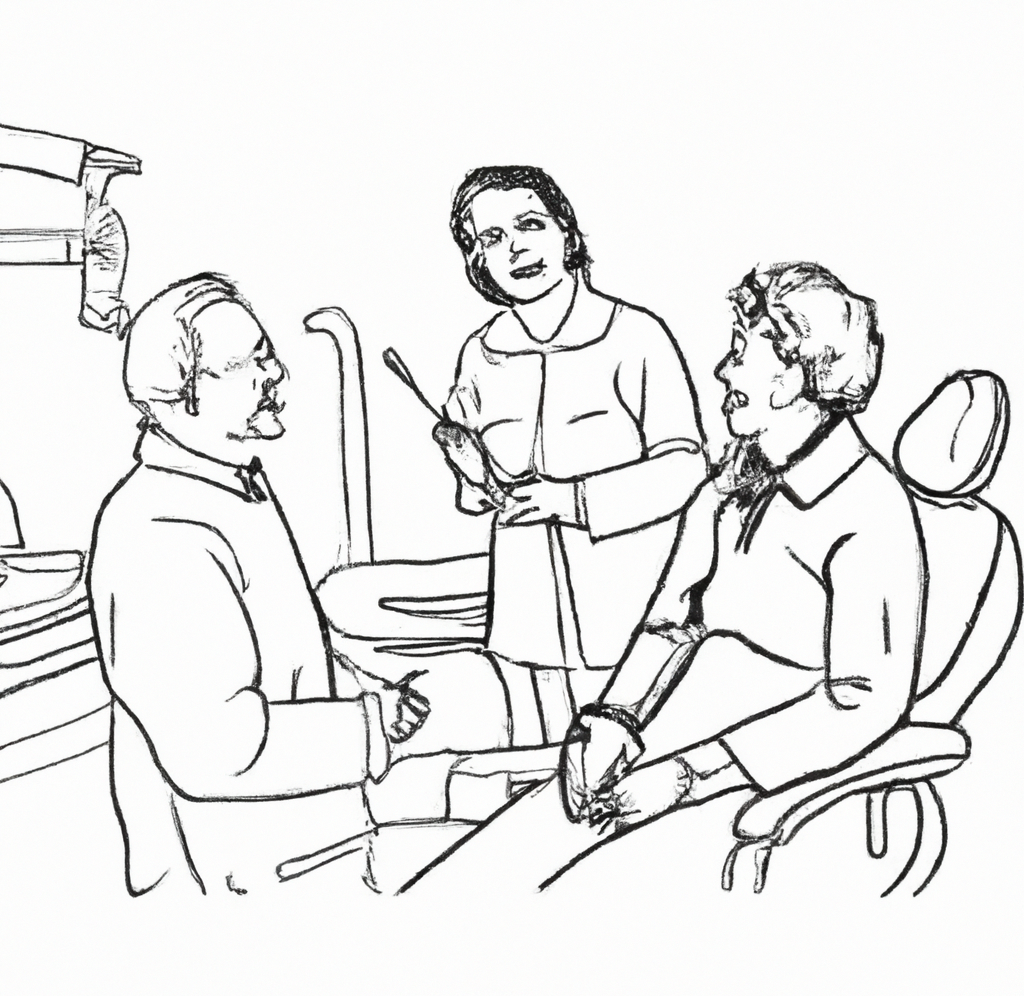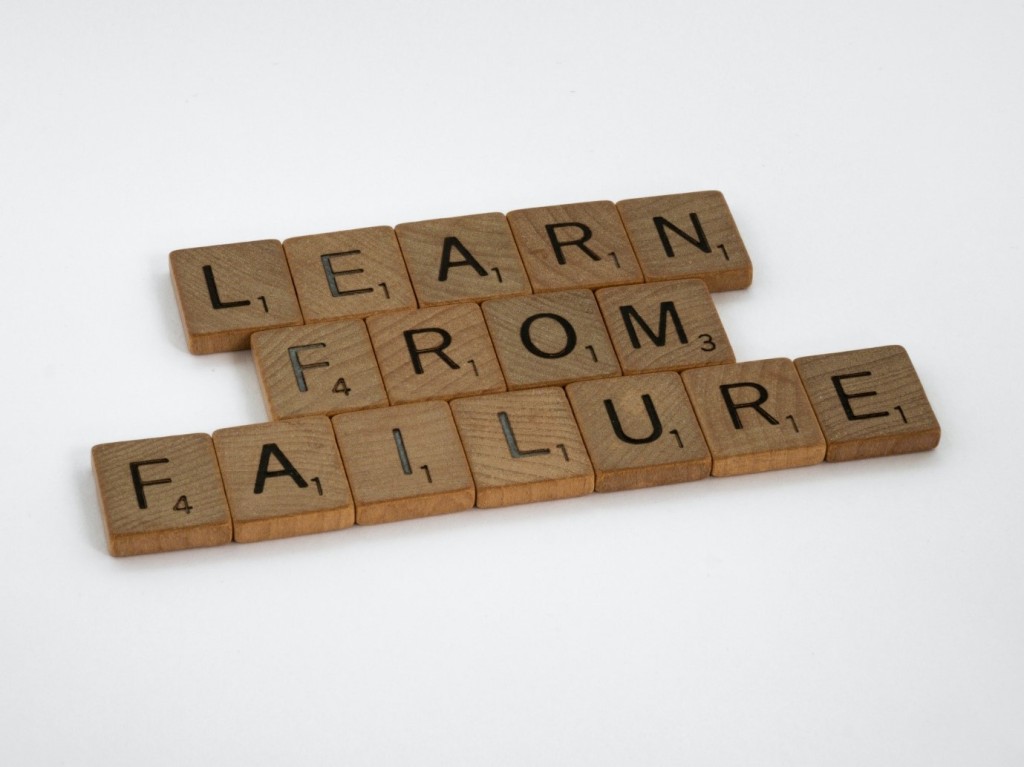
Grace Hindmarch, Alex R. Dopp, Karen Chan Osilla, Lisa S. Meredith, Jennifer K. Manuel, Kirsten Becker, Lina Tarhuni, Michael Schoenbaum, Miriam Komaromy, Andrea Cassells and Katherine E. Watkins
This blog post is based on the Evidence & Policy article, ‘Mis-implementation of evidence-based behavioural health practices in primary care: lessons from randomised trials in Federally Qualified Health Centers’, part of the Special Issue: ‘Learning from Failures in Knowledge Exchange’.
“This is disappointing, but I agree we’ve done the best we can.”
– CEO of a rural health care system
In October 2021, a rural healthcare system in the US discontinued implementation of a new program to improve access to quality care for patients with co-occurring opioid use disorder and mental health disorders. The program’s mission, fueled by passion for patients, was to help complex patients not fall through the cracks. After two years of immense effort, the system experienced ‘mis-implementation.’ Mis-implementation refers to unsuccessful efforts to implement treatments in real-world settings. Although it is a disappointing outcome, studying mis-implementation can provide insights to improve processes and make changes more successfully in the future.
Continue reading







